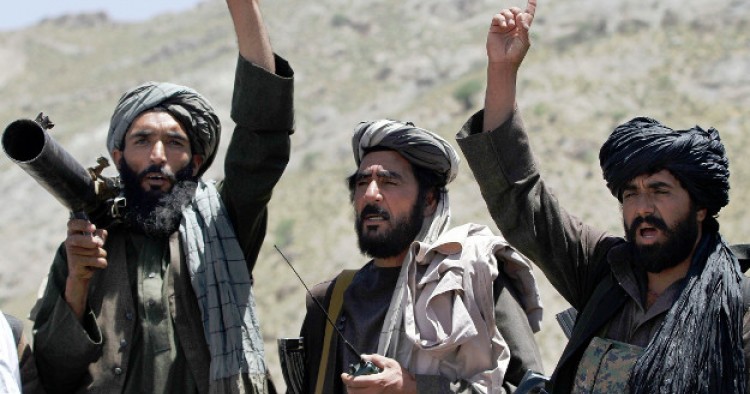On December 15, Iran’s President Hassan Rouhani delivered a speech at the 30th International Islamic Unity Conference in Tehran. He spoke about the need for Muslim unity to fight “colonialist countries” and the “Zionist regime [Israel]” on the same day Iranian-backed militia fighters massacred Muslim civilians in Aleppo. He also called for collection action to fight terrorism.
The Iranian regime hosts the International Islamic Unity Conference annually in Tehran. According to the Iranian media, 220 “prominent personalities from the Islamic world representing 60 countries” participated at this year’s three-day event – including religious scholars from Malaysia, Indonesia, Iraq, Thailand, Algeria, the United Kingdom, the United States, Australia, China, Tunisia and Egypt.
Comment:
Rouhani’s call for Sunni-Shiite harmony and joint efforts to combat terrorism rings hollow when the Islamic Revolution Guards Corps (IRGC) is supporting terrorist groups and actively promoting sectarianism and instability from Afghanistan to Syria, Iraq, Lebanon and beyond.
But the most blatant irony here is that Rouhani’s audience at today's event included official representatives of a terrorist outfit: the Taliban. According to the Afghan media, Tehran has invited Taliban leaders to this year’s conference, which indicates the Iranian regime is cultivating closer ties with the terrorist group.
Since as early as 2002, the IRGC has provided weapons and financial support to the Taliban. While Tehran does not want its one-time foe Taliban to return to power, it has aided the Taliban to undermine the US mission to stabilize Afghanistan and to accelerate the withdrawal of US and NATO forces from the country.
Recently, Iran has been fostering closer ties with the Taliban also to counter a potential rise of the Islamic State in Afghanistan. When a US drone strike killed Taliban leader Mullah Mansour earlier this year, he was returning from visiting his family in Iran. On December 10, Iran’s Ambassador to Kabul Mohammad Reza Bahrami admitted that the Iranian government maintained contacts with the Taliban – alarming many in Afghanistan.
The Middle East Institute (MEI) is an independent, non-partisan, non-for-profit, educational organization. It does not engage in advocacy and its scholars’ opinions are their own. MEI welcomes financial donations, but retains sole editorial control over its work and its publications reflect only the authors’ views. For a listing of MEI donors, please click here.













